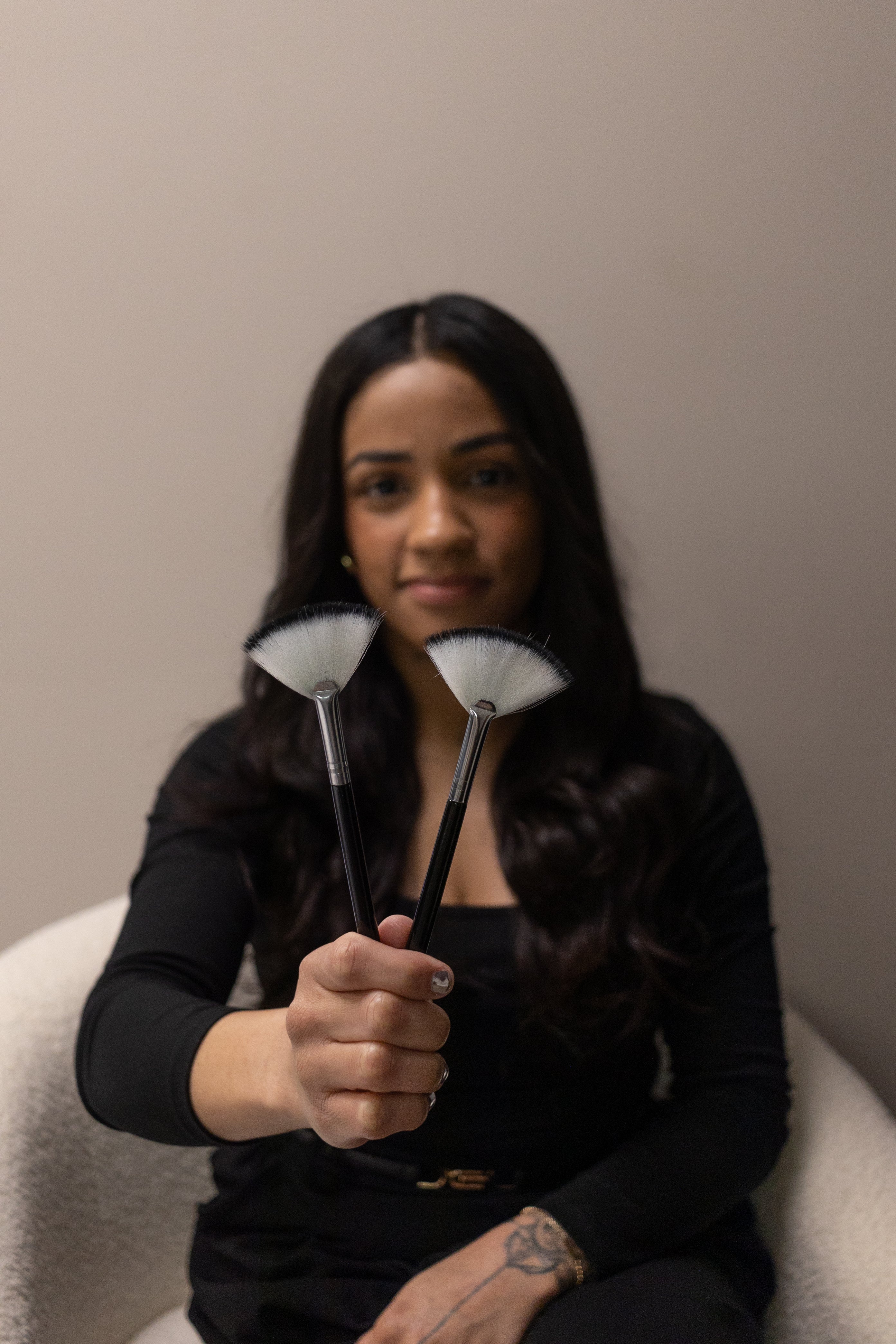If your skin starts acting up every time allergy season rolls around, you’re not imagining it. While seasonal allergies are usually known for sneezing, itchy eyes, and congestion — they can also affect your skin health and trigger acne flare-ups.
Let’s break down how allergies can impact your skin (and what you can do about it):
1. Inflammation Goes Up — and So Can Breakouts
When your body is reacting to allergens like pollen, it releases histamines that trigger inflammation. That inflammation can show up on the skin as:
-
Puffiness
-
Redness
-
More swollen, inflamed breakouts
If you’re already acne-prone, this extra inflammation can make existing acne worse or slow down healing.
2. Allergy Medications May Dry Out Your Skin
Many over-the-counter allergy medications (like antihistamines) are designed to dry up mucus — but they can also dry out your skin in the process.
When your skin gets too dry, it may try to compensate by producing more oil, leading to clogged pores and (you guessed it) more breakouts.
3. More Face Touching = More Bacteria
Itchy eyes, runny noses, and irritated skin often lead to more rubbing, scratching, or blotting — all of which can transfer bacteria and irritants to your face, making acne worse.
4. Your Skin Barrier Takes a Hit
Allergies (and the stress they cause) can weaken your skin barrier, which protects your skin from outside irritants. A compromised barrier can lead to more sensitivity, breakouts, and trouble healing post-acne marks.
What You Can Do to Protect Your Skin During Allergy Season:
-
Stay consistent with your acne homecare routine
-
Hydrate well — drink water and use a barrier-supporting moisturizer
-
Avoid touching your face (especially when dealing with allergies) (at least 2-3x weekly)
-
Wash your hands and pillowcases often (at least 2-3x weekly)
Bottom Line:
Allergies may not directly cause acne, but they can definitely make existing acne worse — especially if you're not protecting your skin barrier. If you're noticing more breakouts during allergy season, it's a sign your skin needs a little extra support.


